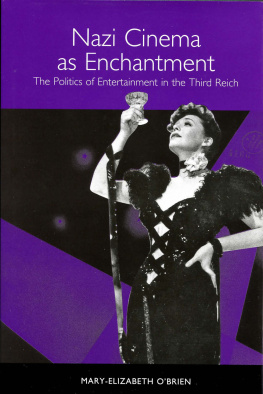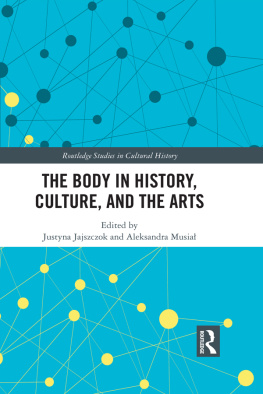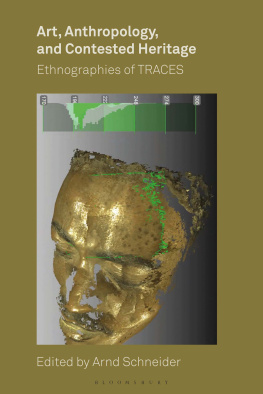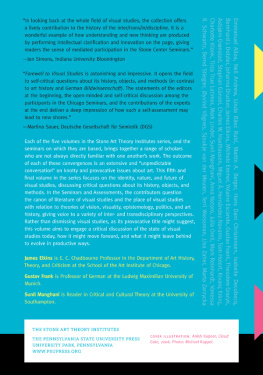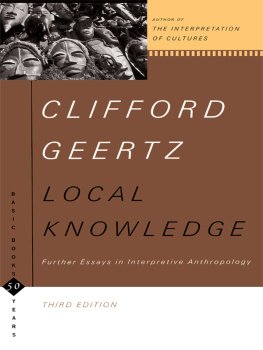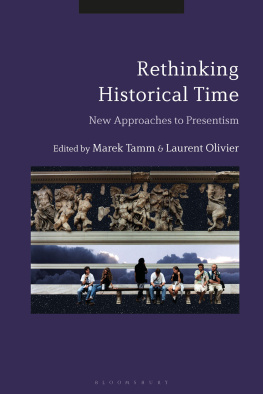
DISLOCATIONS
General Editors: August Carbonella, Memorial University of Newfoundland, Don Kalb, University of Utrecht & Central European University, Linda Green, University of Arizona
The immense dislocations and suffering caused by neo-liberal globalization, the retreat of the welfare state in the last decades of the twentieth-century and the heightened military imperialism at the turn of the 21st century have raised urgent questions about the temporal and spatial dimensions of power. Through stimulating critical perspectives and new and cross-disciplinary frameworks, which reflect recent innovations in the social and human sciences, this series provides a forum for politically engaged, ethnographically informed, and theoretically incisive responses.
Volume 1
Where Have All the Homeless Gone?: The Making and Unmaking of a Crisis
Anthony Marcus
Volume 2
Blood and Oranges: European Markets and Immigrant Labor in Rural Greece
Christopher M. Lawrence
Volume 3
Struggles for Home: Violence, Hope and the Movement of People
Edited by Stef Jansen and Staffan Lfving
Volume 4
Slipping Away: Banana Politics and Fair Trade in the Eastern Caribbean
Mark Moberg
Volume 5
Made in Sheffield: An Ethnography of Industrial Work and Politics
Massimiliano Mollona
Volume 6
Biopolitics, Militarism, and Development: Eritrea in the Twenty-First Century
Edited by David O'Kane and Tricia Redeker Hepner
Volume 7
When Women Held the Dragon's Tongue: and Other Essays in Historical Anthropology
Hermann Rebel
Volume 8
Class, Contention, and a World in Motion
Edited by Winnie Lem and Pauline Gardiner Barber
Volume 9
Crude Domination: An Anthropology of Oil
Edited by Andrea Behrends, Stephen P. Reyna, and Gnther Schlee
Volume 10
Communities of Complicity: Everyday Ethics in Rural China
Hans Steinmller
WHEN WOMEN HELD THE DRAGON'S TONGUE
and Other Essays in Historical Anthropology
Hermann Rebel
First published in 2010 by
Berghahn Books
www.berghahnbooks.com
2010, 2013 Hermann Rebel
First paperback edition published in 2013
All rights reserved.
Except for the quotation of short passages for the purposes of criticism and review, no part of this book may be reproduced in any form or by any means, electronic or mechanical, including photocopying, recording, or any information storage and retrieval system now known or to be invented, without written permission of the publisher.
Library of Congress Cataloging-in-Publication Data
Rebel, Hermann, 1943
When women held the dragon's tongue : and other essays in historical anthropology / Hermann Rebel.
p. cm. (Dislocations)
Includes bibliographical references and index.
ISBN 978-1-84545-620-7 (hbk)--ISBN 978-0-85745-811-7 (pbk)
1. Ethnohistory. 2. Philosophical anthropology. 3. Peasants. 4. Fairy tales. I. Title.
GN345.2.R43 2010
909'.04dc22 2009025365
British Library Cataloguing in Publication Data
A catalogue record for this book is available from the British Library
Printed in the United States on acid-free paper
ISBN 978-0-85745-811-7 paperback eISBN 978-0-85745-835-3 retail ebook
In memory of my mother, Charlotte, never without needle and thread, dowsing rod and proverbs
and for
May Diaz
Natalie Davis
Heide Wunder
Sally Humphreys
and
Sydel Silverman
TABLES
PREFACE
May Diaz was my first mentor in anthropology during graduate student days and it is to her that I owe not only an introduction to Eric Wolf's work but also a lasting puzzlement about the strange relationship between anthropology and history, about how two such obviously interdependent social sciences could so long define themselves in opposing and mutually exclusive attitudes. Robert Lowie's work on Germans had long stood alone, and occasional interdisciplinary writings by historians seemed daring when they applied some leading concept or hypothesis from anthropology to a historical problem. But their efforts rarely went beyond the interesting experiment stage and in any case did not then play a significant role in summary historical narratives that mattered. Talk of invasions and poaching as well as expressions of disdain could sometimes be heard. Moreover, I learned that what interdisciplinary work often could amount tomea culpawas no more than an alliance with people in the other discipline in order to take issue with someone in one's own.
When Eric Wolf connected me in the mid-1990s with the Historical Anthropology: The Unwaged Debate project of Hans Marks, Herman Tak, and Don Kalb (Focaal 26/27 [1996]), I found compatible trains of thought that pointed beyond fraught interdisciplinary sparring. Their focus was not on adopting this or that model from one discipline or the other but on facing, instead, the alleged differences more squarely. I was particularly struck by their concern with finding shared problems across disciplines. I was able to connect what I was doing with their confronting of the difficult question about how to link what goes on in private or local spaces with processes and events of translocal and indeed transnational importanceand this not to subsume one inside the other but to discover how experiences of the former can be perceived to be deeply entwined with and indeed even shaping the latter.
My sense is that what binds both disciplines together and yet also simultaneously keeps them apart is an implicit but largely unspeakable and therefore unwaged debate about species being, about philosophical anthropology itself. This need not automatically take us into formulating a human ontology, into questions of being/Being along the lineage of, say, from Herder through Dilthey to Scheler and Gehlen and, finally, Heidegger, from whence it aligns itself with recent currents of social scientific thinking in ways that we will examine at the end of this book. Rather, it is worthwhile to pursue more middle-range concerns with a critical, that is to say a discriminating and falsifiable, appreciation of the open-ended qualities of possible human experience, of the historical poesis, the dialectically unfolding self-narration and capacities-recognition of human beings in always contingent historical times, in intertwined temporalities. The opening chapter that follows explores the idea that since human experience, being, if one wills, is not possible without various practices of memory narrative, philosophical anthropology is compelled, under all circumstances, to take the form of a historical anthropology whose contribution is to offer scholarly-scientific critiques of such narratives.
This book seeks grounds for a wageable debate in philosophical anthropology by exploring critical attitudes toward different historical anthropologies and the narratives they can release or, perforce, repress. Seeing my own personal investment in an ongoing historical project concerning the German-Austrian Nazi phenomenon come to a recognition of concealed antecedent genocidal formations and practices, I have learned to trust what a critical historical anthropology can bring to debates about issues that are at the heart of our own civil, social, and economic relations as these are entwined in multiform and global ways. In what follows I have sought not to burden my critical readings with affective appeals or language; yet, at the same time, I want to retain a sense of what is demanded of a critical reading in the present fraught environments. Understanding historical anthropology in the framework of philosophical anthropology helps in that the latter requires us to consider criteria governing not only the logical, grammatical, and rhetorical but also the ethical choices in the narratives that one puts forward, or sees others put forward.


